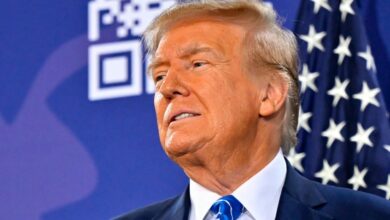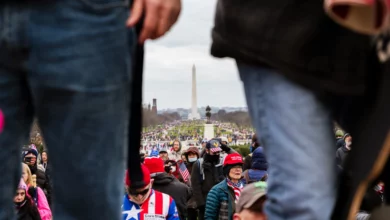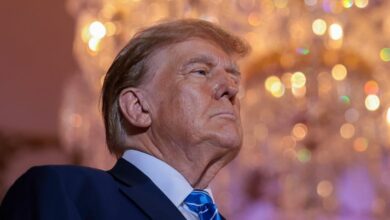
Nervous Kenyans waited on Tuesday for the response of opposition leader Raila Odinga to President Uhuru Kenyatta’s victory in last week’s election, which inflamed the deep ethnic tensions dividing the East African nation.
Odinga, a veteran politician who has now lost his fourth election, is expected to give his first reaction to Kenyatta’s Monday night victory in a speech to loyalists from his Luo tribe some time after 0700 GMT.
“We are just waiting for Baba to speak,” said Desmond Litava, an Odinga supporter in Kawangware, a restive slum in the capital, Nairobi, using a term of respect for the leader.
In the worse case, Odinga could call for his supporters to take to the streets, unleashing chaos in cities such as Nairobi and Kisumu to the detriment of the already struggling economy.
After a disputed election in 2007, around 1,200 people were killed in clashes between rival ethnic gangs that also led to a prolonged slump in the region’s biggest and most important economy.
On the other hand, Odinga could limit his appeal to the courts, as he did in 2013, and yield to diplomatic pressure to engage in post-election ‘national dialogue’ with his arch political rival.
The announcement of Kenyatta’s victory, by a margin of 98 percent due to an Odinga boycott on the grounds the election was not free or fair, provoked anger in pro-Odinga slums, whose residents burnt tire barricades and threw rocks at police.
Anti-riot officers responded with volleys of tear gas, in scenes that have been common in Nairobi’s slums and Odinga strongholds in western Kenya since the first attempt at an election in August.
That vote was annulled by the Supreme Court on the basis of procedural irregularities in the vote-tallying. Odinga argued that the re-run was also flawed because of a failure to replace key officials of the election commission.




